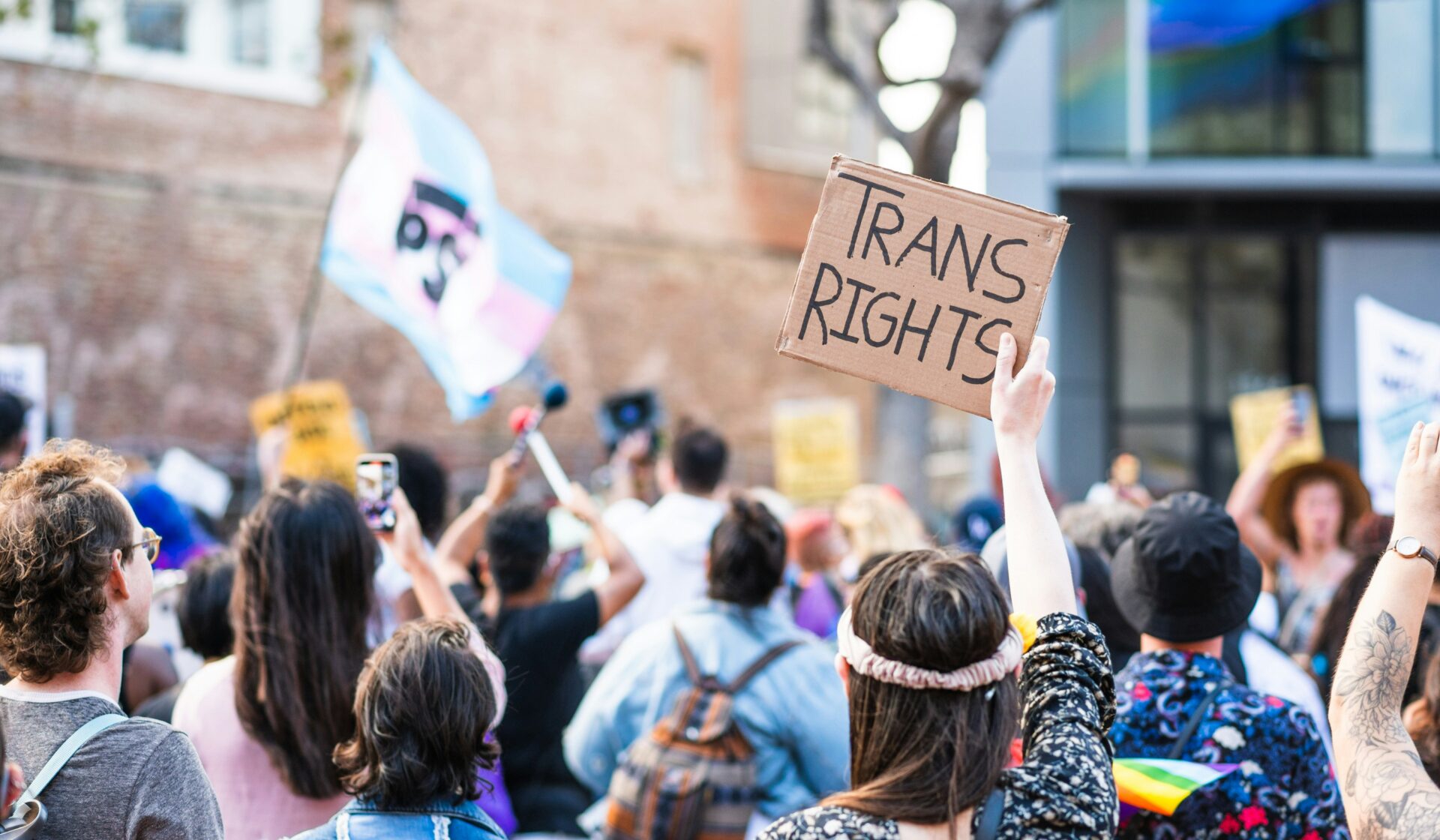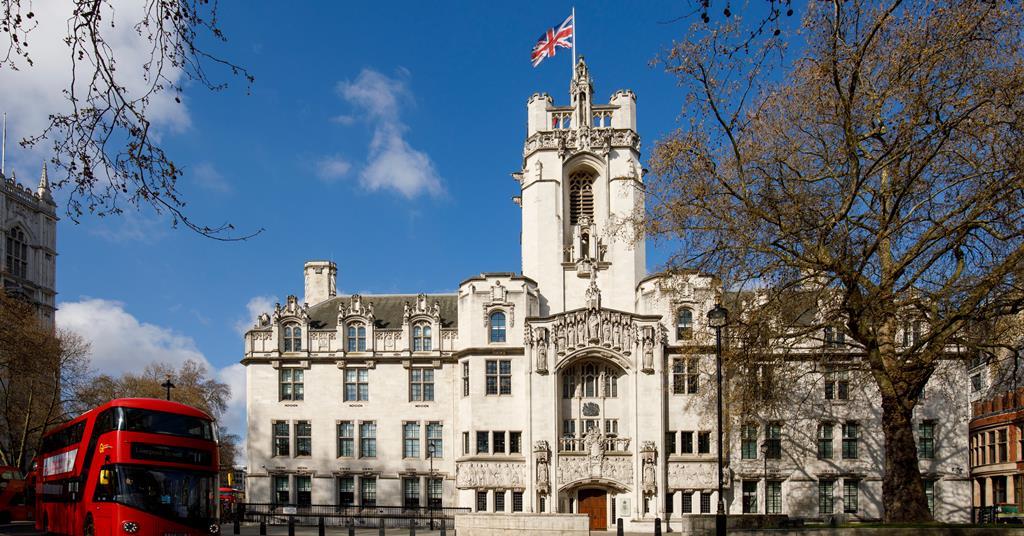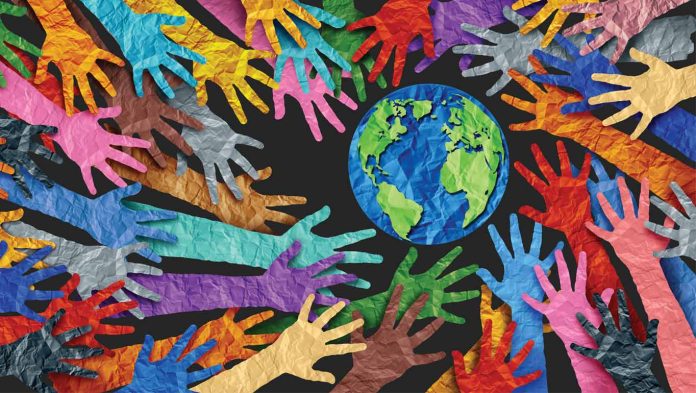- Looking around the world would indicate how the issue of gender rights consistently hits the headlines, bringing to the fore the raging contemporary issue deserving a sensitive address and approach. The global community has witnessed tremendous advancements, innovations, inventions, developments, and growth on the back of some of the most cutting-edge technologies that have emerged in the last few decades. In line with the modern-day requirements, the rights of the people vis-à-vis gender, too, have rightfully gained traction, receiving adequate attention from the government authorities. The executive and the legislature, duly aided by the judiciary, have stepped in to address the matter with humane considerations.

PC: Thred
- The issue of transgender or the third gender has garnered enough attention from all the stakeholders, showing enough sensitivity in handling the matter. Rights activists, civil society members, concerned citizens, and the institutions have all joined hands to ensure the transgender community is treated with respect, dignity, and made to feel wanted within the mainstream. However, it is observed that there are efforts to bracket women and transgenders in one bracket vis-à-vis rights that is not only out of character but also inherently flawed. In that sense, the recent UK top court’s ruling upholding a biological definition of women is a much-needed example of common sense defining the judicial interpretation of rights.

PC: The Law Society Gazette
- Notably, the UK Supreme Court’s verdict clarifying that only biological women meet the definition of a woman under equality laws is a reaffirmation of common sense. The court was clear that it was only adjudicating whether trans women with gender recognition certificates have protection from discrimination as women and not infringing on trans rights. Given that context, it is illogical to argue that spaces and services designated for women should also be used by trans women. Doing so could infringe on the rights and protections of women. This is a raging debate in the West. The issue was so weaponized by elements of the left that an aggressive rightwing response found some resonance even in people who disagree with most bits of the political rights agenda.

PC: Michigan Advance
- It is nobody’s case that trans people should not be afforded the recognition or, where needed, protection. But blurring gender lines is not the answer. In public life, certain spaces and services have been designed for women because of the particular vulnerabilities they face from men. Extending those very facilities to trans women defeats their purpose. Mind you, there is already a huge debate around trans athletes and their participation in competitive sports. Of course, that debate is by no means behind us. In India, the question of men, women, and trans was elegantly addressed by the Supreme Court in 2014 by recognizing transgender community as the third gender, reaffirming their constitutional rights. That’s a sensible way to deal with the issue.






